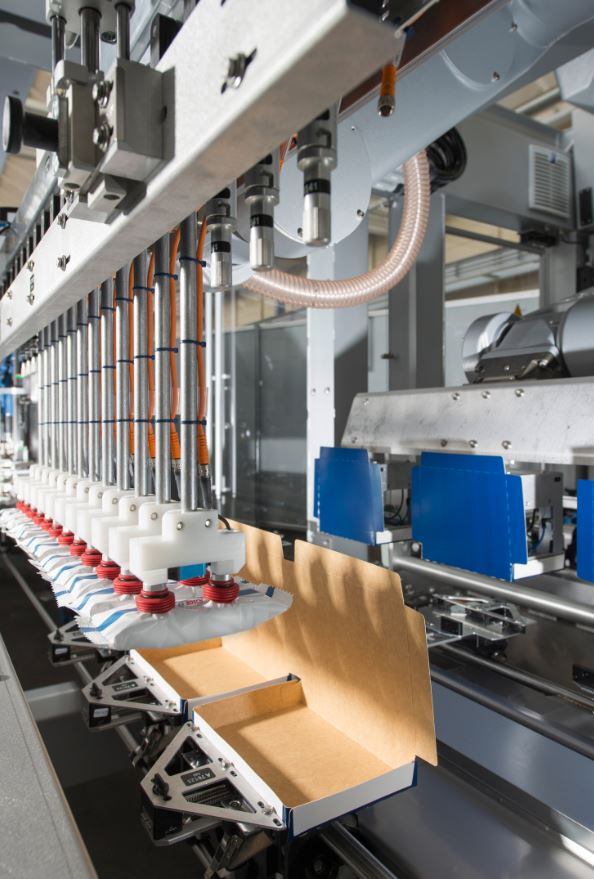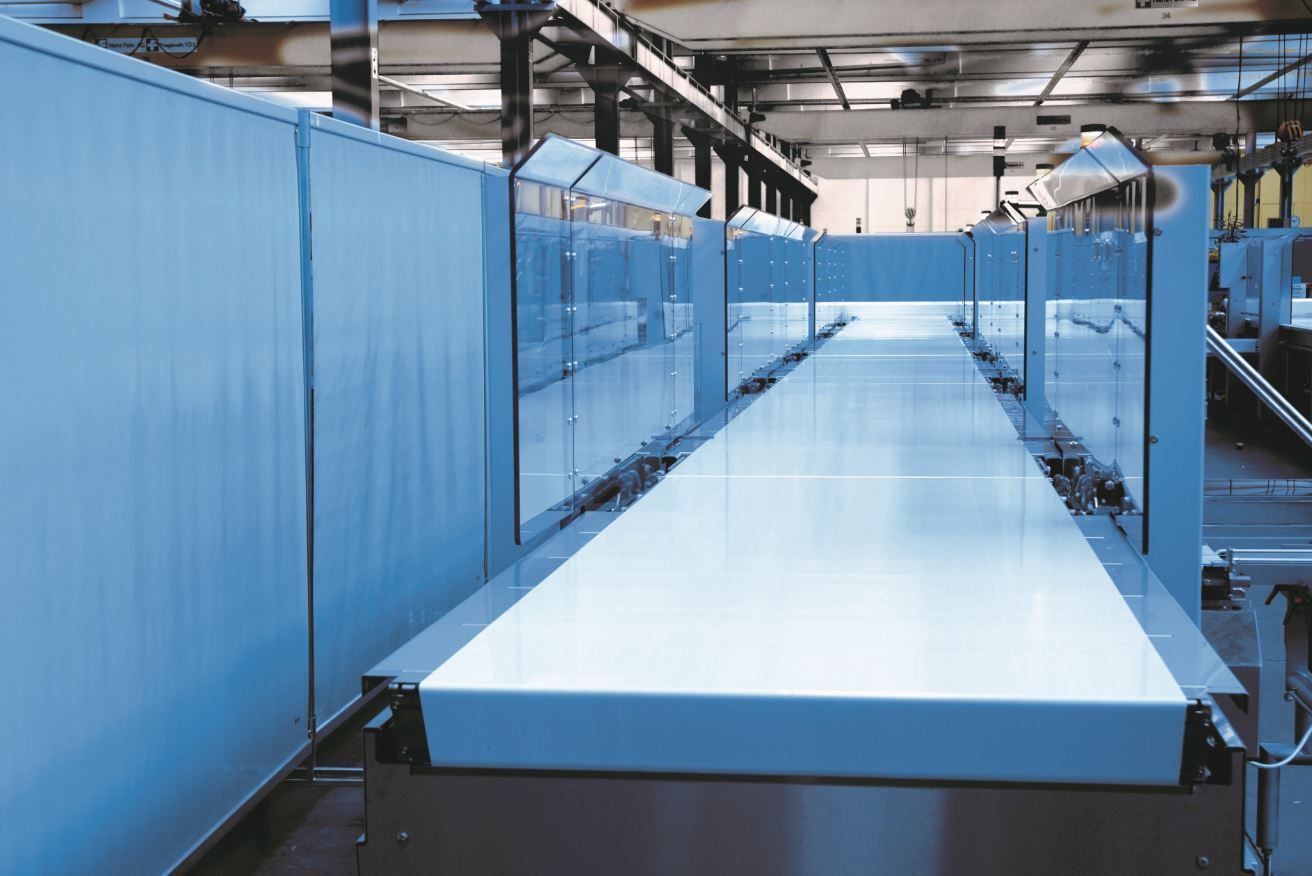It claims with increasing demand from consumers for healthier options such as muesli, nut and “free from” products the bar market is attractive to manufacturers, but also competitive.
High level of contamination

“This competition, coupled with rising prices for ingredients, such as cocoa, puts producers under significant cost pressures. It is not generally considered possible to influence commodity prices directly, so manufacturers are turning to leaner and more efficient processes to increase overall equipment effectiveness (OEE),” said Josua Schwab, product manager, Bosch Packaging Technology.
He added for sticky bars and/or nut products, in particular, the level of contamination is high and cleaning the plant is important but also time-consuming.
According to the UK Food Standards Agency (FSA), the number of food recalls increased by 78% in 2015 compared to 2014.
Schwab said manufacturers need to keep downtime for cleaning as short as possible, to prevent cross-contamination between product changes and to avoid waste.
“The crucial elements for success are a well-planned, continuous product flow, with safe and gentle bar handling and an efficient cleaning concept,” he added.
The average figure for OEE in the packaging machine and granulation plant sector is 24%, according to VDMA (The German Mechanical Engineering Industry Association).
It claims with an optimum OEE of 100%, 63% is lost to availability, 11% to performance and 2% to quality.
Talking about integrated packaging systems Schwab said a consistent product flow happens when all system components are perfectly matched and in constant communication with one another.
3D monitoring
In addition, gentle product handling together with quality control and 3D monitoring prevent product jams or downtime caused by breakages or defective bars.
“Every product – whether it’s a chocolate bar or a sticky muesli bar – has its own particular cleaning requirements. For example, in the case of very sticky products, manufacturers can make use of a belt washing unit for continuous belt cleaning during the process,” said Schwab.
“This reduces downtime, as intense cleaning is required less frequently. With a belt washing unit, production can take place continuously for up to 30 days with two 12-hour shifts.
“If nut bars are being produced all parts that come into contact with the product, such as belts, rollers, scrapers or side guides, need to be changed completely and thoroughly cleaned. This is very time-consuming.
“To resume production without the risk of allergens, Bosch offers a second format set with a format parts carriage. This allows one set to be thoroughly cleaned while the second set is being used for production.
“In a four-leg system, four operators need two hours to changeover the format parts and clean the entire system.”

Bosch unveiled an advanced version of its bar production system at Interpack 2017 in Dusseldorf, Germany, last month (May 4-10). The integrated system reaches an output of up to 1,500 bars per minute in primary packaging with secondary packaging matching the speed of the flow wrapper.
It includes the Sigpack FIT (Feeding Intelligent Transport) product infeed with linear motor technology for push-button format change, with fast, non-contact product feeding; the cross-sealing station of the Sigpack HRM flow wrapper which reaches film speeds of up to 150 meters per minute and the Sigpack PFI feeding module to transfer the product from the flow wrapper into the Sigpack TTM topload cartoner. The Sigpack TTM forms, loads and closes up to 150 cartons per minute.
